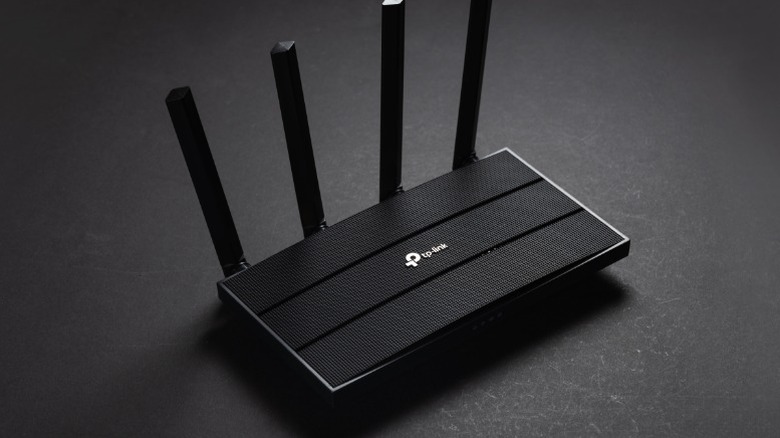TP-Link Routers Might Get Banned. Is It Still Safe To Buy One?
Founded in 1996, TP-Link is one of those brands that people even remotely in touch with technology will recognize. With a headquarters situated in the United States and manufacturing bases in China, Brazil, and Vietnam, the company markets and sells its network solutions in over 170 countries. TP-Link is best known for its catalog of affordable Wi-Fi routers, offering dual-band gigabit speeds and features like MU-MIMO that improve latency and strengthen reliability.
The brand, however, is currently being scrutinized by the U.S. Departments of Commerce, Defense, and Justice, according to a late 2024 report from The Wall Street Journal. TP-Link is being investigated for potential national security risks, regarding alleged ties with cybercriminals. The company's emergence from China has also raised questions about whether the Chinese government could influence or exploit its hardware for surveillance.
In response, TP-Link has denied the allegations and has maintained that its operations in the United States function independently of TP-Link Tech, which is the entity that operates in mainland China. Though no wrongdoing has been officially proven, it's natural to draw parallels to the recent potential TikTok ban and consider that TP-Link, too, might face similar levels of scrutiny.
What does this mean for TP-Link routers?
Until an official ban has been put in place, TP-Link will continue to sell its routers and other networking devices in the United States. Most major retailers and marketplaces, such as Amazon and Best Buy, still return TP-Link products at the top of the search results, thanks to their popularity, reliability, and attractive price points.
However, if the U.S. ends up banning TP-Link, the most immediate consequence for users would be the discontinuation of firmware updates. Although existing routers themselves wouldn't stop working, firmware updates are crucial for not just maintaining optimal performance, but also ensuring that your network isn't prone to new vulnerabilities. This can leave a gaping hole in your home or work Wi-Fi network, making it susceptible to cyberattacks.
Potential fixes in such a scenario would be to flash an open-source operating system like OpenWRT. This way, your TP-Link router will continue to receive patched updates, keeping it safe from new kinds of attacks. This, however, requires quite a bit of technical know-how — so if you've never messed around with advanced operations like updating your Wi-Fi router's firmware, this route may not be ideal. Assuming TP-Link ceases its warranty service post-ban, it's possible that you could be left with a paperweight with antennas.
A better alternative would be to look elsewhere — other major Wi-Fi router brands such as Netgear, Linksys, and Asus all feature compelling alternatives to a TP-Link router, and don't stand the risk of being banned.

